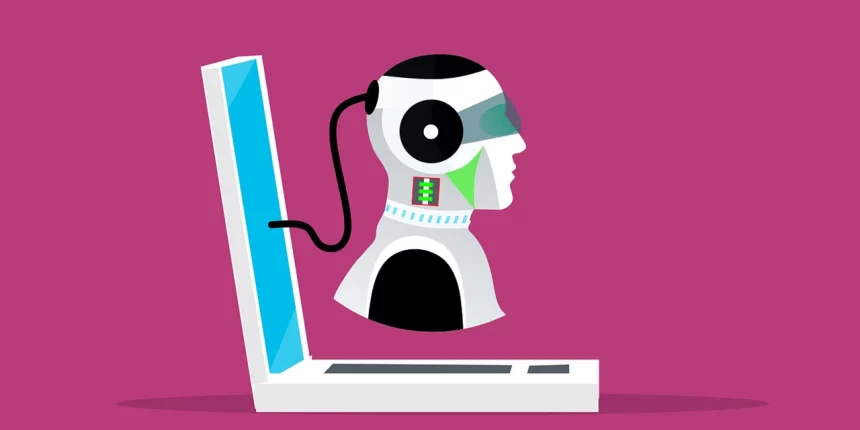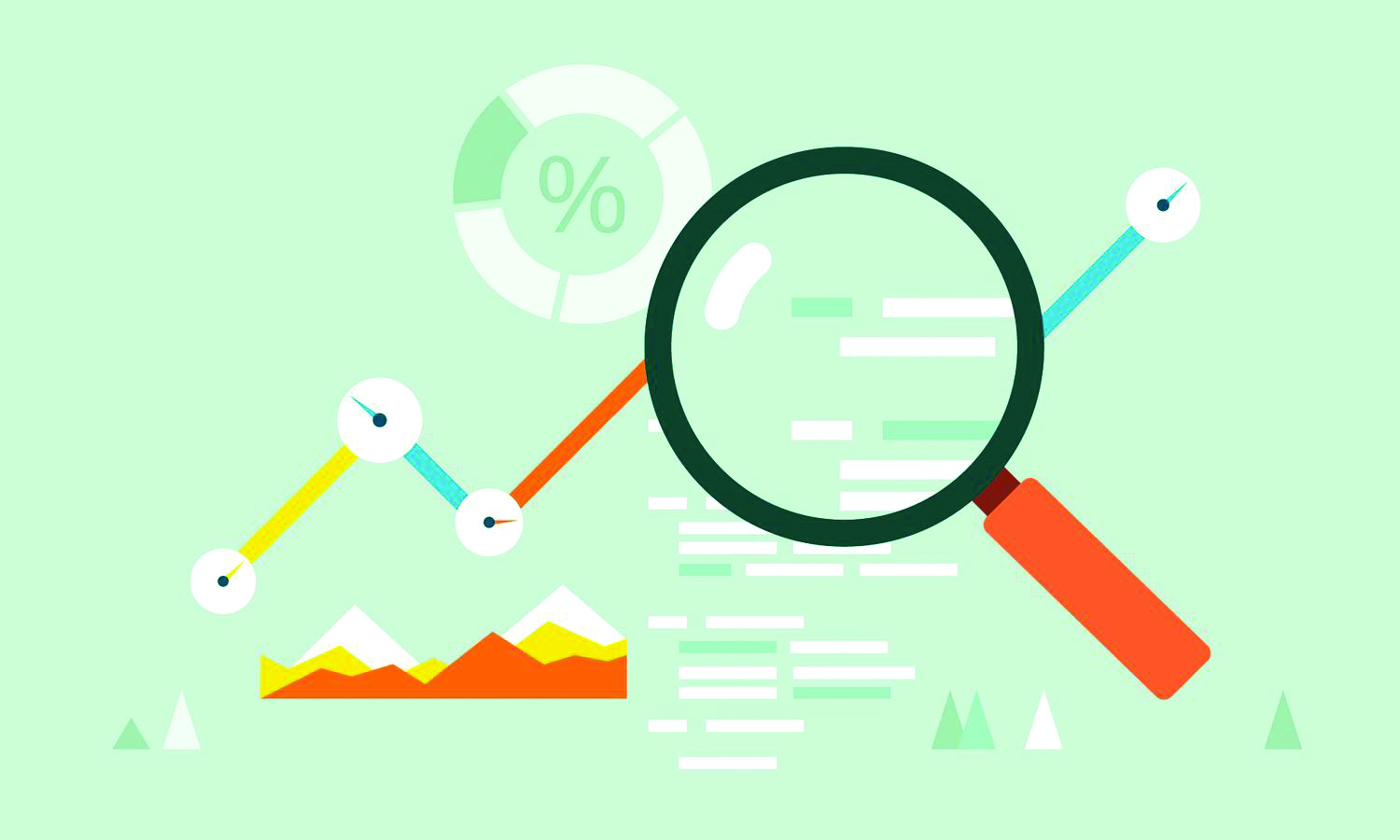Big data is widely used to optimize everyday marketing, customize forecasts, measure productivity, enhance banking and education, and support operational estimates. Listed below is an exclusive list of 10 Big Data use cases from daily life that illustrate digital transformation.
- Banking: Banks make use of big data to keep massive financial information secure. This big data is monitored for spending expenditure trends, credit card transactions to identify and deter fraud before it happens. You can get a call/mail from your bank to make sure the transaction is legitimate if you swipe your card for a high-value purchase. In addition, most banks are using this big data to detect identity breaches. For example, if a salaried person makes small-value grocery transactions at the beginning of the month, but suddenly the bank sees an increase in gas stations and convenience stores all over the city, the bank knows something is up. They may contact their customer and ask about the recent transactions and decide whether the customer’s card is stolen and needs to be frozen or not.
- Online Shopping: Big data in the retail sector has brought about a dramatic shift in the industry. From the moment a customer starts shopping, retailers exploit big data. Targeted ads for your mail delivery, big data seems to be everywhere. For customized shopping experiences, the web pages you visit track your cookies and history, giving retailers a fraction of the information to improve their offerings.
- Vital Monitoring: Wearing a device like a fitness watch tracks routine activity and sleep. A smart way to keep fitness and safety under control. Big data combines with technology to transform our behaviors, helping us monitor our own immunity and ensure we maintain safe habits and combat the vital issues.
- Energy Consumption: Big data, combined with smart IoT devices, make it possible for smart meters to self-regulate energy usage to allow efficient use of energy. These smart meters are mounted in communities to collect sensor data across urban space. They decide where energy recedes and flows highest at any given time, to be redistributed uniformly throughout the entire grid, mainly where the most needed to ensure efficient energy delivery across the given network is required.
- Logistics: Big data streamlines logistics under strict schedules to operate smoothly. This is commonly used in transportation for scheduling flights, forecasting seat demand based on seasonal variations, performing market analysis based on the current social patterns or events, and predicting any flight delays based on weather data. Besides, big data is implemented to forecast accurately the number of planes expected in the future based on current use and deployments of the fleet.
- Digital Advertising: Data science and Big data are widely used in the digital marketing field. You need to see digital billboards, display banners at airports, and apply data science algorithms on different websites to help marketers attract potential customers. Targeted digital ads based on the user’s history and their digital footprints ensure a higher CTR (Click-Through-Rate) relative to conventional ads.
- Healthcare: Healthcare is another sector that produces vast quantities of data each day. Big data lowers the cost of treatment as there are fewer chances of unnecessary diagnosis. This helps predict infectious outbreaks and determine what preventive steps should be taken by identifying them in the early stages to stop preventable diseases. Patients can receive evidence-based treatment, which is recognized and administered after reviewing the same medication’s previous effects.
- Entertainment and Music: OTT and on-demand music services, such as Netflix and Amazon, use big data to devise predictive machine learning algorithms that evaluate the user’s music viewing tastes to recommend new shows and songs that the user thinks would enjoy. You may have noticed that, for example, if you start watching science shows on OTT channels, pretty soon, all your suggestions will be for new shows focused on science and technology since the algorithm knows you like technology.
- Home Security: Big data also plays a critical role in helping law enforcement officials know where the next crime will occur and allowing them to redeploy their resources. When fed into predictive algorithms, vast quantities of big data can help which station may need extra officers to help deter crime before it ever occurs. Big data helps to keep your home secure too. A home security device installed in the house connects to an operator database that automatically identifies any hazards the device senses to alert the user of any suspicious activity. Some security systems also double up as smart power managers by handling home lighting, TV, and other electrical equipment while not in operation.
- Education: The education industry is a storehouse of big data about students, faculty, courses, results, etc. A proper study and analysis of this data is useful in providing valuable insights that can be used to improve the functioning and operational efficiency of educational institutes. A detailed review of each student’s records can help understand the progress, desires, strengths, and limitations of each student in preparing a customized study program in alignment with their career goals.










